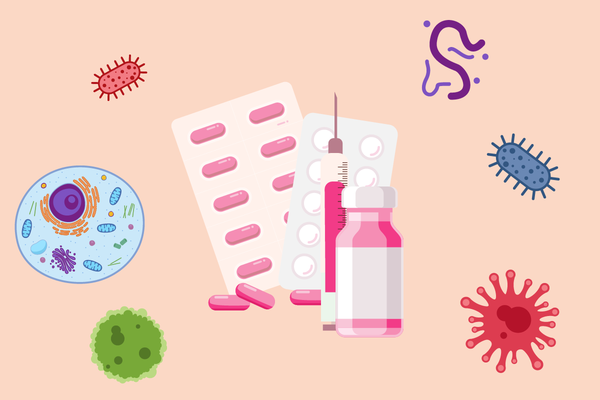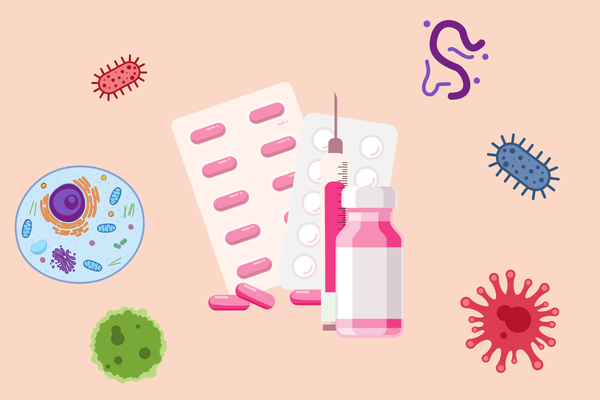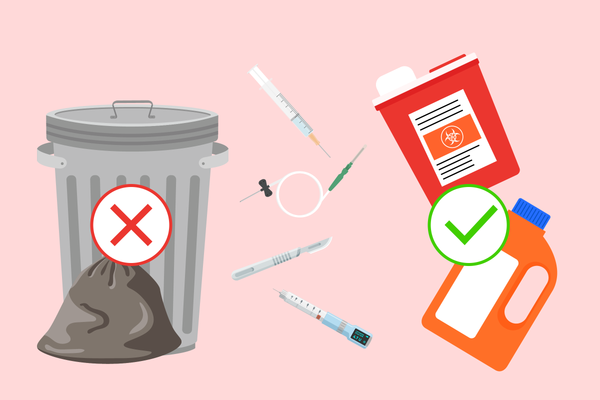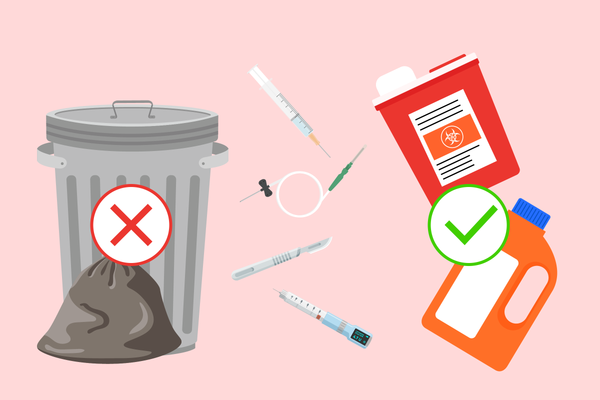If you google the keywords, taking too many medications, chances are you will come across a term called polypharmacy. The word has been used for a long time to describe the problem of people taking multiple medications.
Although the elderly are most likely to "suffer" from polypharmacy, people with psychiatric conditions and many other chronic conditions can also be placed on multiple medications.
Only recently the medical community has started to pay attention to the many downsides or risks to people on multiple medications. Unfortunately, physicians recognize polypharmacy as a problem but tend not to do anything about it. One reason is that dealing with polypharmacy takes too much time.
Although there is no single definition, polypharmacy is often described as someone taking five or more specific medications daily.
To be honest, I don't find definitions using a specific number or amount very helpful. Four medications for one person could be harmful, while seven medications for another person may be safe and effective. It all depends on the person and their needs.
Although there is no precise definition, I would argue that people know it when they experience it firsthand. Whether you are a patient or a caregiver, you don't need a precise number of medications to tell you there's a problem.
You know in your head and heart when someone is taking too many medications.
The real problem is that you don't know quite what to do about that nagging sense of doubt or worry. I promise there is a lot you can do to "treat" this condition of taking too many medications.
Simplifying (and that usually means reducing) a loved one's medications is lifesaving and something you must do. My purpose in writing this blog is to show you how.
I am often asked if I am against prescription medication in general. For those of you who know me or who have been my patient, you know I am not against medication. I trained as an internal medicine physician and have relied on medications to treat many serious and not-so-serious illnesses and conditions.
Medications can be incredibly important—even lifesaving.
Antibiotics, for example, saves lives. Treating high blood pressure with any number of medicines will prevent a stroke or heart attack. Taking multiple medications has changed the face of HIV from a universally fatal illness to one of a chronic disease that can be managed. Insulin has turned type 1 diabetes from an often fatal illness to a readily managed condition.
My concern isn't with the use of medication to treat a specific disease or condition. My concern is when someone is prescribed multiple medications to treat multiple conditions, and the prescribers don't consider the consequences.
To make matters worse, medications sometimes are not stopped even though the condition may no longer exist or the medication is no longer needed. And, of course, there is the concern that some medications cause side effects leading to the treatment of these new side effects with even more medication. This is called a prescription cascade.
Read more about medication safety.
I am reminded of a TV ad during a nightly news broadcast noting that "many medicines can lead to dry mouth." The ad went on to promote an expensive new medication to treat dry mouth rather than suggesting you may want to talk to your health care professionals to find out which medicines are causing the dry mouth. Many antidepressants and some allergy and sleep medicines can cause dry mouth.
The medical profession is well-trained in the art and science of prescribing medication. We receive no training in how to safely taper and stop medication. A relatively new term has appeared that refers to the process of stopping medication. The new term is deprescribing. I will talk more about that in future posts.
Do you know someone who is suffering from the condition of polypharmacy? What has been your experience? Your story and how you found a solution can do so much to help others as they face similar challenges. We are all in this together.
Marie Savard, MD, is a trusted voice on women's health, wellness and patient empowerment. She currently writes a blog called Ask Dr. Marie, where this column first appeared. Her blog focuses on the challenges of medication overload in older adults and what caregivers can do to help. Dr. Savard is a former ABC News Medical Contributor and author of four books including her most recent, Ask Dr Marie: What Women Must Know about Hormones, Libido, and the Medical Problems No One Talks About. She lives in Philadelphia with her physician husband and has three grown sons.







